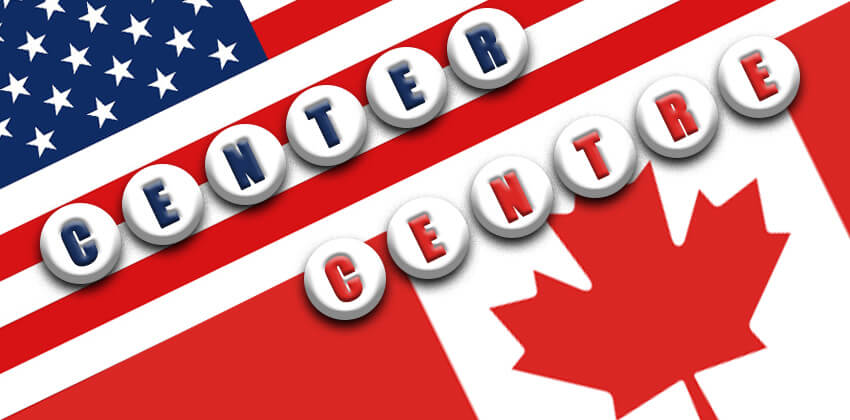
No matter why you’ve not been working (downsized, illness, family leave), once you decide to go back to work you’ll need some updating to your job search toolkit.
Job Requirements
Decide first what you’re looking for in a new job and what skills and experience you want to use.
- What are your new priorities?
- Time in the evenings and weekends?
- Less travel?
- Benefits package that includes employer contributions to a retirement plan?
What about pay? Will you work for less than you did on your previous job? Be ready in case that new offer is lower than you expected.
Once you have your game plan you can look at the items you’ll need for your updated job search.
Skills Update
If you’ve been away from a full-time job for over a year, you should understand what new technology you should be adding to your skill sets.
While you’re checking job postings, note what education and training is required. Make sure there’s a match between what you want to learn and what skills companies want to hire.
Take classes or get needed certifications to both stay competitive and enhance your resume. This may be the perfect time to learn the secrets of Excel or Power Point. Microsoft has free online training in the use of its products, like many software vendors.
Check out the free online learning at sites like KhanAcademy.org or MIT’s Open Courseware site which includes courses for starting and running your own business. And don’t forget YouTube.com!
Or maybe you can complete a college or technical school degree that was on hold. Just be sure to check on how such programs worked for other grads before you pay the tuition and fees.
New Resume
Usually an interview begins with a review of your resume.
If there are gaps in your experience, explain them. You may have been volunteering or working on a political campaign.
What skills did you use or learn that can be added to your resume?
- Did you do fundraising?
- Create marketing materials for the Soccer Team potluck?
- Maybe you organized the Little League schedule or carpool?
- Or something else…
Think how those skills translate into business terms (operations, marketing, development), and include them on your updated resume.
You might consider a Functional/Chronological resume to focus on your accomplishments and then list your employment history with job titles and dates.
Networking
Job leads from friends and former colleagues are the best way to find new jobs. Unless you’ve kept in touch with former bosses and co-workers, you may need to beef up your professional network. Now’s the time to reconnect and let them know you’re looking for work.
Join networking groups for both moral support and real leads. Check with a local Chamber of Commerce or your state’s CareerOneStops or Job Centers (sponsored by the state or federal government) for networking opportunities.
Of course you can visit professional organization meetings, too. They should have the latest information about the industry and local companies, which might have openings. Read their newsletters and check out their websites, too.
Everybody you know can also be part of your network: school groups, community organizations, neighbors, etc. You want to meet and talk with as many people as possible to get leads for jobs.
This is no time to be shy. Ask for the help you need. People want to help!
Finances
It can be expensive to take on a full-time job: new clothes, commuting expenses, lunch and coffee costs, child care, increased taxes and probably more fast food dinners. Hopefully the new job will offer pay and benefits to compensate for these expenses.
Just plan for both income and costs as you manage your job search. It could be months before you land something new and it may be at a lower salary level than you’d hoped for. The longer you stay out of work, the more challenging it might be to return.
Getting Help
An extended job search might require the help of a career professional. View it as an investment, with you receiving advice about your resume and available jobs. Career professionals can also help you reevaluate your current job search and determine if you should be considering other options like lowered salary or part-time work to get back in circulation.
A job search requires lots of hard work. Having realistic expectations, current skills and help if you need it will ultimately lead to success. Stay focused and keep smiling.
About the author…
Dr. Jan Cannon, Job-Hunt’s Mid-Life Career Expert, is author of Now What Do I Do? The Woman’s Guide to a New Career, Find a Job: 7 Steps to Success, Finding a Job in a Slow Economy, co-author of Exceptional Accomplishment, and a career professional for 20 years. Visit her website, https://www.cannoncareercenter.com for more career advice and help.
Don't forget to share this article with friends!




